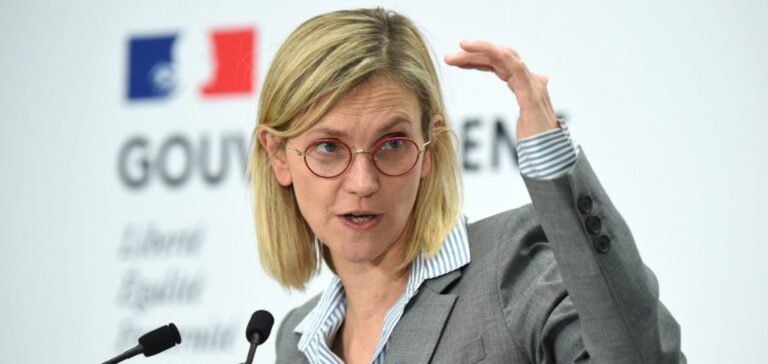At 13:00 on Friday, 28.5% of French gas stations were out of at least one fuel, compared to 29.2% the day before, said the Minister of Energy Transition Agnes Pannier-Runacher, traveling in Lille.
The situation has worsened in the Centre-Val-de-Loire where this rate reached 42.2% on Friday, against 41.2% on Thursday, while in Ile-de-France, 37% of the stations are affected against 38.8% the day before, said the ministry.
In Hauts-de-France, one of the first departments affected by supply difficulties related to the strike at TotalEnergies, a quarter of the stations are in partial disruption (25.5%) against 31.7% Thursday at 17h.
“I call on distributors, and in particular Total, to really mobilize all this weekend so that the trucks are at the rendezvous at the exit of the depots,” which will remain open the next two days, she said at the operational center deployed at the prefecture of Lille to cope with the shortages.
“The big issue is transportation: having tankers and drivers on the job this weekend,” she hammered, calling on distributors to “put more trucks on the road, more carriers, to ease the situation.”
Orders have been issued to allow tankers to operate on Saturday and Sunday, and carriers to work with “flexibility on working hours,” she added.
Since Thursday evening, 35 trucks of 36 m3, “that is to say more than 20,000 full cars in order of magnitude”, have left for delivery from the Dunkirk depot, which is on strike but where employees have been requisitioned, said the ministry.
“The challenge is for the French to get out of this unacceptable situation on a daily basis to go to work, to take their children to school,” explained Ms. Pannier-Runacher, referring to a return to a situation “under control” in “the coming days.






















